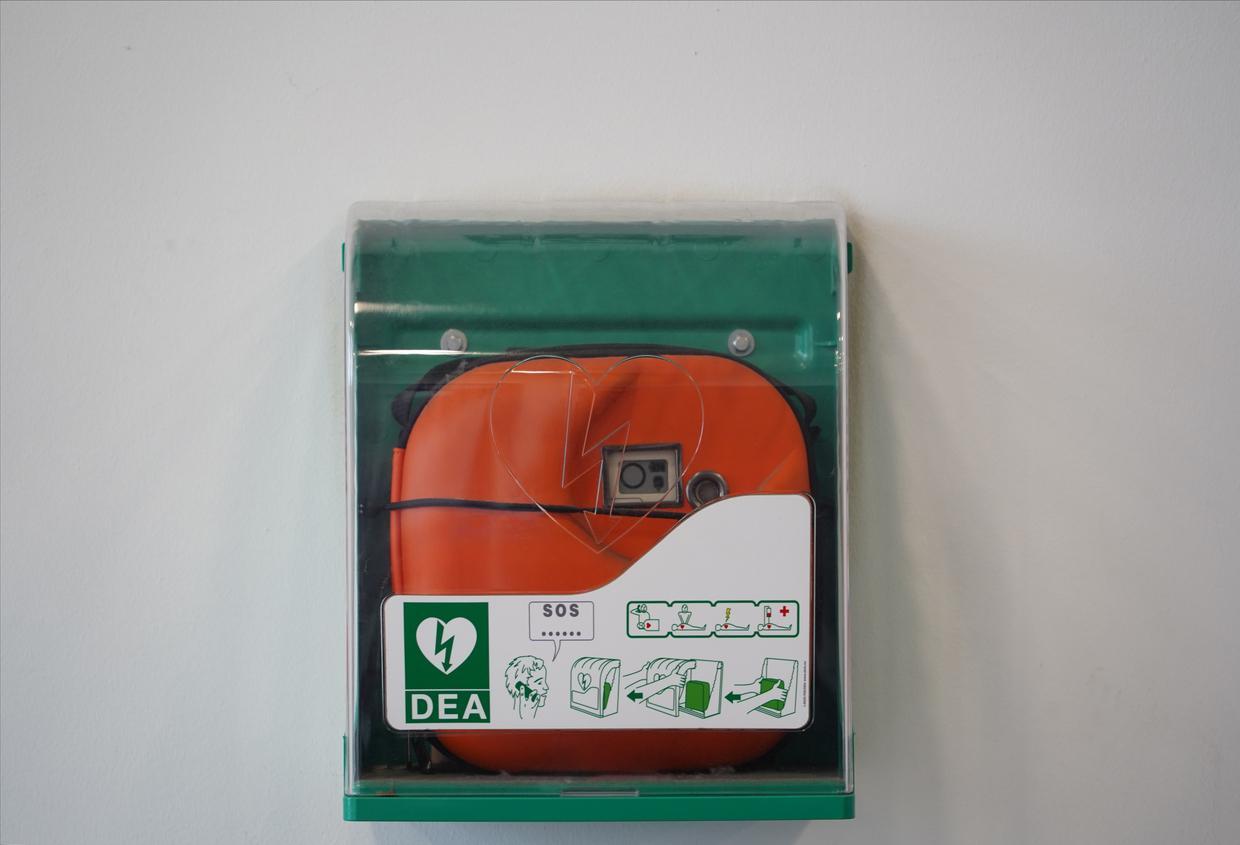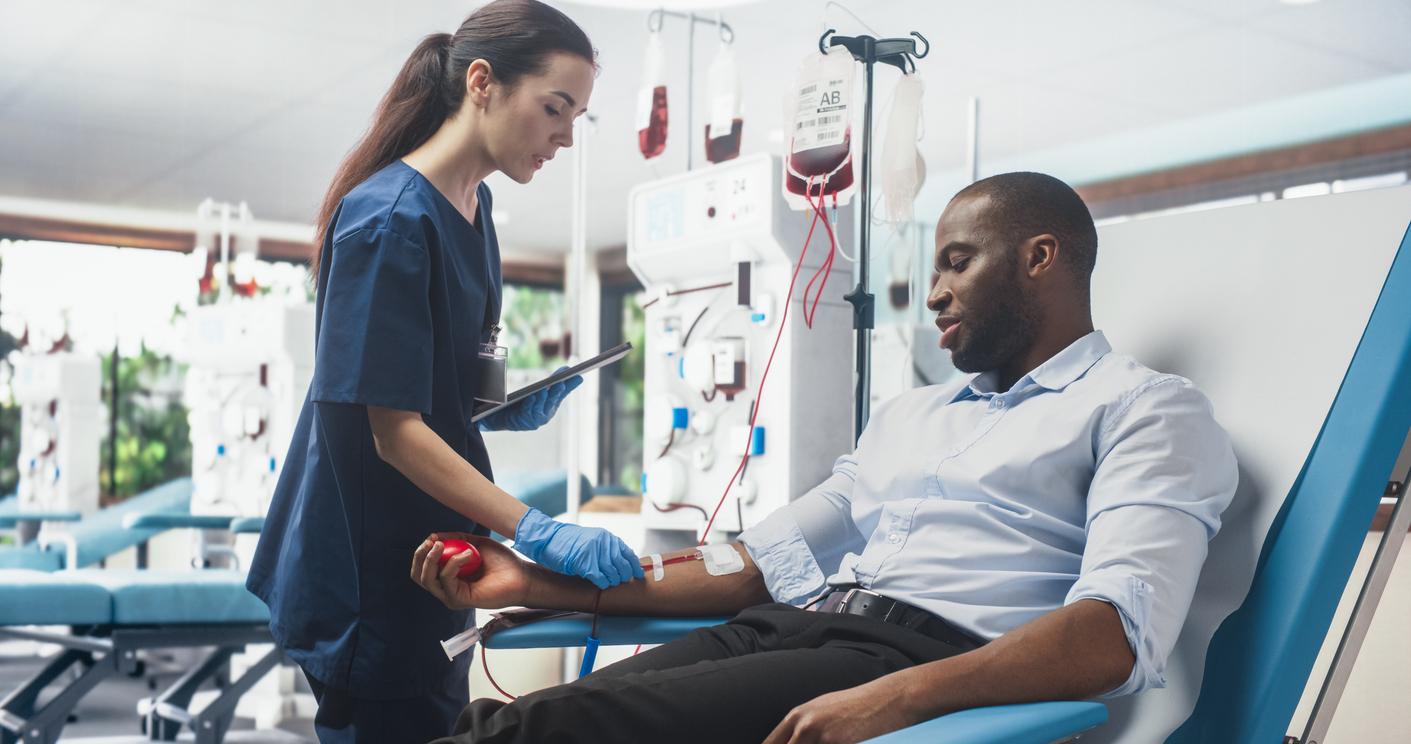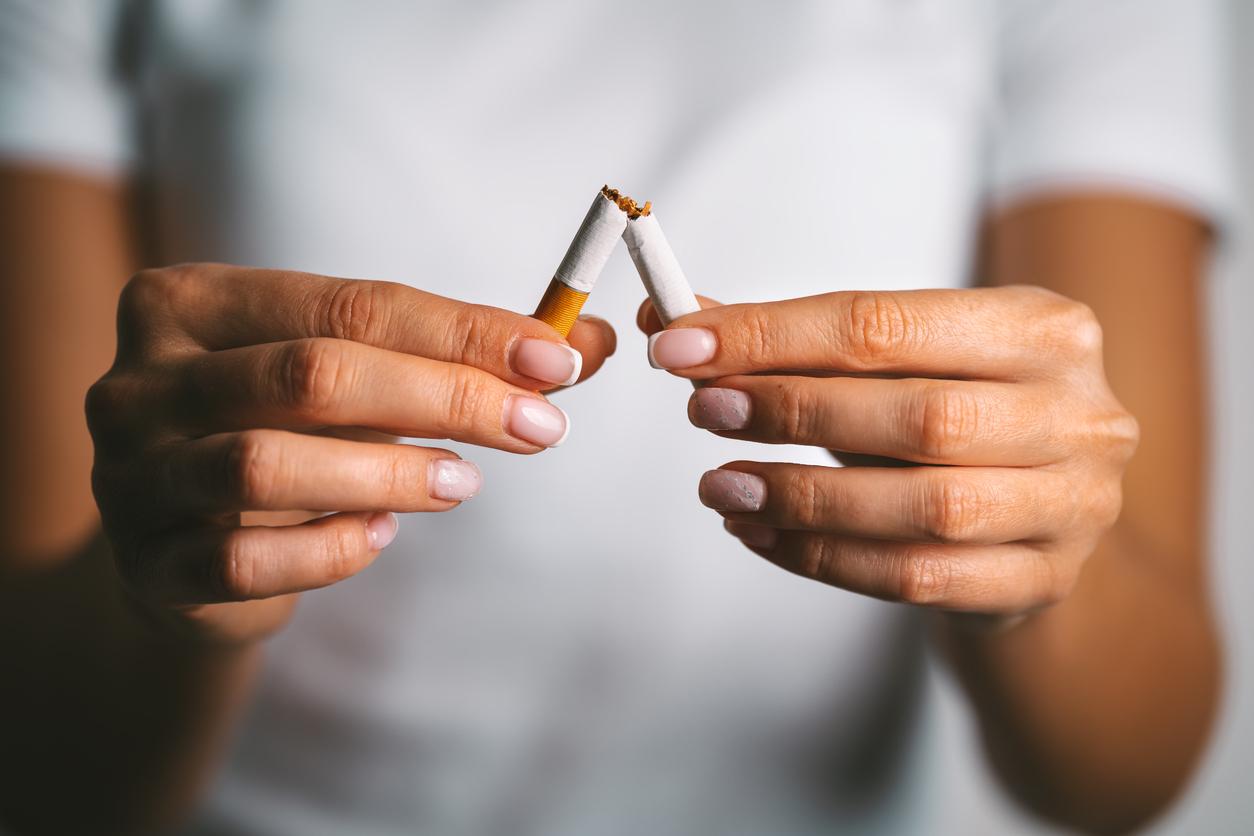This should breathe new life into suspenders. 10 patients test a portable cardiac defibrillator in France. The device can resuscitate them in the event of cardiac arrest.

At the moment, they are only ten. But eventually, 3,300 people could benefit from LifeVest. This connected vest is much more than a gadget: this cardiac defibrillator protects patients whose pacemaker has had to be removed, or awaiting transplantation. Three patients are experimenting with the device at the Rennes University Hospital (Ille-et-Vilaine), as reported by our colleagues from West France.
The portable cardiac defibrillator looks like a vest with electrodes. Four of them are used to constantly monitor the heartbeat. A minicomputer transmits the information to the prescribing cardiologist. In the event of an anomaly, the device vibrates, rings or speaks. If the patient is unconscious, three other electrodes take over: they deliver a gel and then administer up to five electric shocks. The objective is clear: to improve the survival rate of cardiac arrests outside the hospital, which is only 5%.
426 inappropriate shocks
According to the estimates of the High Authority of Health (HAS), 3,300 people could benefit from LifeVest. The HAS defines four specific indications in its recommendations. Patients whose pacemaker has been removed who have suffered a myocardial infarction may be eligible.
In addition to the interest in resuscitation, the device has a real “public health interest in view of the seriousness of the pathology”, specifies the Authority. But the cost is not negligible: 3,180 euros per month of rental. This is why Health Insurance, since march, covers this expense. It subjects the device to certain strict conditions: telephone assistance and a breakdown service must be available at all times. The staff of the prescribing department must be trained. A now service also accompanies each LifeVest.
Despite all the precautions, the device is not 100% reliable. Out of 50,000 patients treated worldwide, 426 have already received inappropriate shocks. The US Food and Drug Safety Agency (FDA) has received 3,500 reports of malfunction.
.















